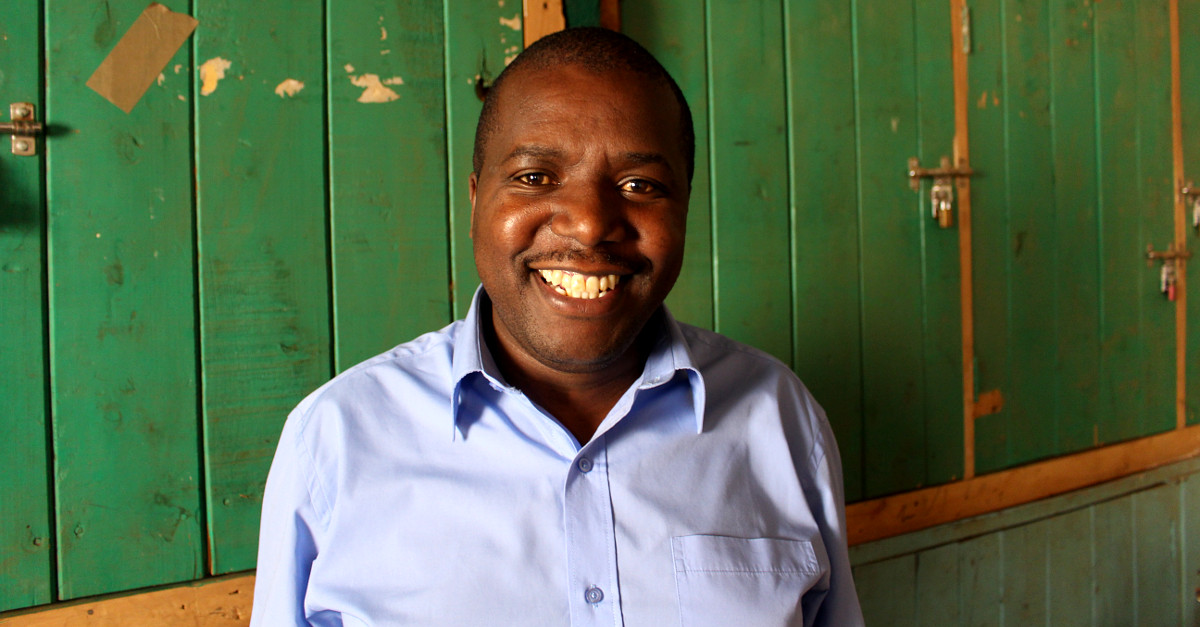
A unique feature of the Dignitas model for school transformation is our coaching approach. Rather than simply provide training to educators, Dignitas also coaches school leaders and teachers to implement best practices in teaching and school management.
Dignitas Fellows are first matched with a coach after the intensive three-week Leadership Training Institute. While the LTI introduces new ideas and concepts, coaching focuses on the practical application of skills and strategies.
The coaching relationship continues for a minimum of one year and provides personalized, in-class mentoring that is tailored to the teacher’s unique needs and abilities.
As a methodology, the Dignitas coaching approach draws on industry best practice and educational resources including Elena Aguilar’s The Art of Coaching and Steven Farr’s Teaching as Leadership. But perhaps the best way insight into the Dignitas coaching approach is to hear from a Dignitas coach directly.
Profile of Coach Shete Wangira

Shete Wangira currently coaches 36 teachers in schools across four informal settlements in Nairobi. Before joining Dignitas, Shete was academic dean at a high school and teaching teachers as a university lecturer. He happened upon an online article about Dignitas coaching and realized ‘Oh this is what I was doing!’
“I was observing teachers, talking to teachers, helping teachers and so on.”
While he has strong experience in teaching teachers, Shete is well aware that his role as a coach is quite different to his previous position as a lecturer.
“Lecturing is more impersonal… I come, lecture, give assignments, give the feedback and that’s it. I give the marks to the administration and then I have the next cohort coming.”
Coaching, on the other hand, is much more relationship-based.
“There is that relationship we develop when it’s one-on-one. I come to your class, I observe what you are doing, then I get feedback from you – what you thought you did well, what you thought were the challenges and then after that…what are the goals we can work on to improve your teaching practice?”
Shete describes coaching as ‘accompanying the teacher’ in their work. The coach acts as a mirror, providing the educator with insight into their strengths and weaknesses – both areas that a teacher may struggle to see on their own.

The issues addressed through coaching can range from time management to lesson objectives, the use of teaching aids and behaviour management. Through ongoing observation and feedback sessions, the coach provides fresh perspective, constructive feedback and monitors the teacher’s progress.
Shete is committed to coaching teachers because he has seen for himself the difference it can make in the classroom. His favorite coaching moments are when he can see teachers using and valuing new teaching strategies.
“That is usually my best moment, when you suggest something and he is able to take it seriously and try it, and then after that give feedback and say ‘Oh it works and it comes now naturally!’” Shete beams.
——
Our goal at Dignitas is to achieve sustainable school transformation that leads to greater opportunities for the next generation. Coaching is core to embedding creative, innovative, and systematic changes within a school and critical to the Dignitas approach. When coaches and educators work together, anything is possible!

